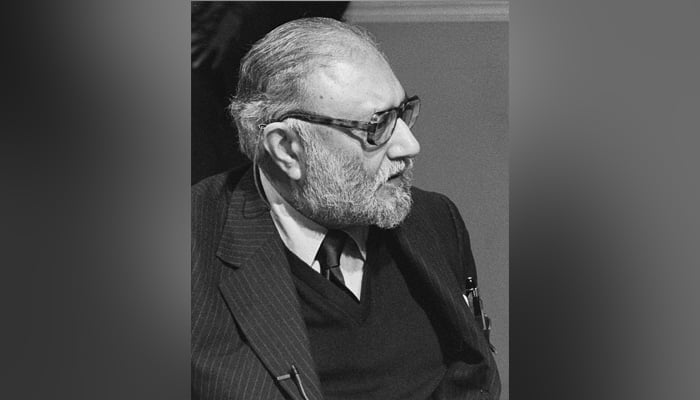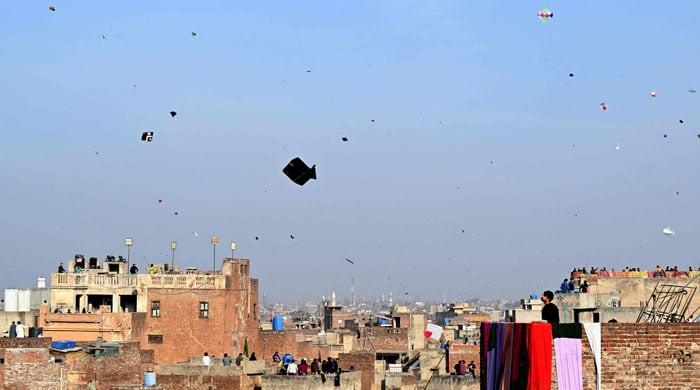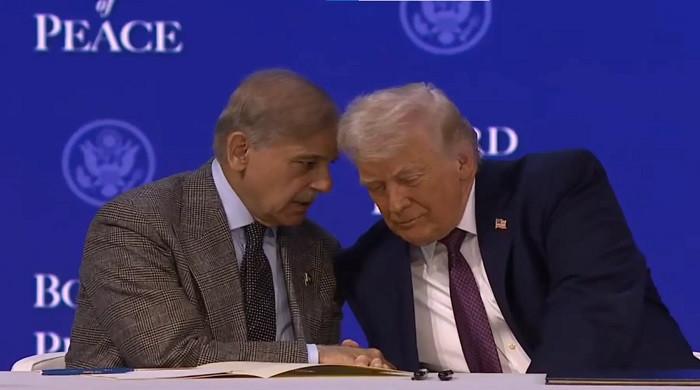Imperial College London names library after Pakistani scientist Abdus Salam
"I hope new Abdus Salam Library inspires many more people in the years to come," University president says
July 02, 2023

The United Kingdom's Imperial College London has announced to name its Central Library after Professor Abdus Salam, the Pakistani Nobel laureate and physicist to honour his legacy and inspire future generations.
The development came after the university's board made the decision as part of their ongoing response to a report by the History Group, which brought into the spotlight under-celebrated individuals and historical figures who've been associated with the university.
University's President Hugh Brady expressed his admiration for Professor Salam's significant contributions to the educational institution and the field of physics.
"Throughout his career, the Nobel Prize winning Professor of Theoretical Physics Abdus Salam made a tremendous contribution to Imperial, as well as to the world of physics and science more generally. It is right that we do more to celebrate this legacy. I hope the new Abdus Salam Library inspires many more people in the years to come," he said.
The report recognises the contribution of academics like Professor Salam through their ongoing work to recognise them, which includes initiatives such as physical commemorations on campuses, portraiture and scholarships.
In 1957, the Pakistani physicist joined the prestigious educational institution and played a pivotal role in setting up the Theoretical Physics Department alongside the late Professor Paul T Matthews. His groundbreaking work on the electroweak unification theory led to him sharing the Nobel Prize in 1979.
Beyond his scientific accomplishments, the Pakistani scientist was a staunch advocate for science education in developing countries. He also founded the International Centre for Theoretical Physics in 1964, which offered scientists from developing countries with opportunities to work with leading field experts.
The library's formal launch and naming ceremony has been planned for the upcoming academic year, where the university community will gather to celebrate his remarkable contributions to science and education.











